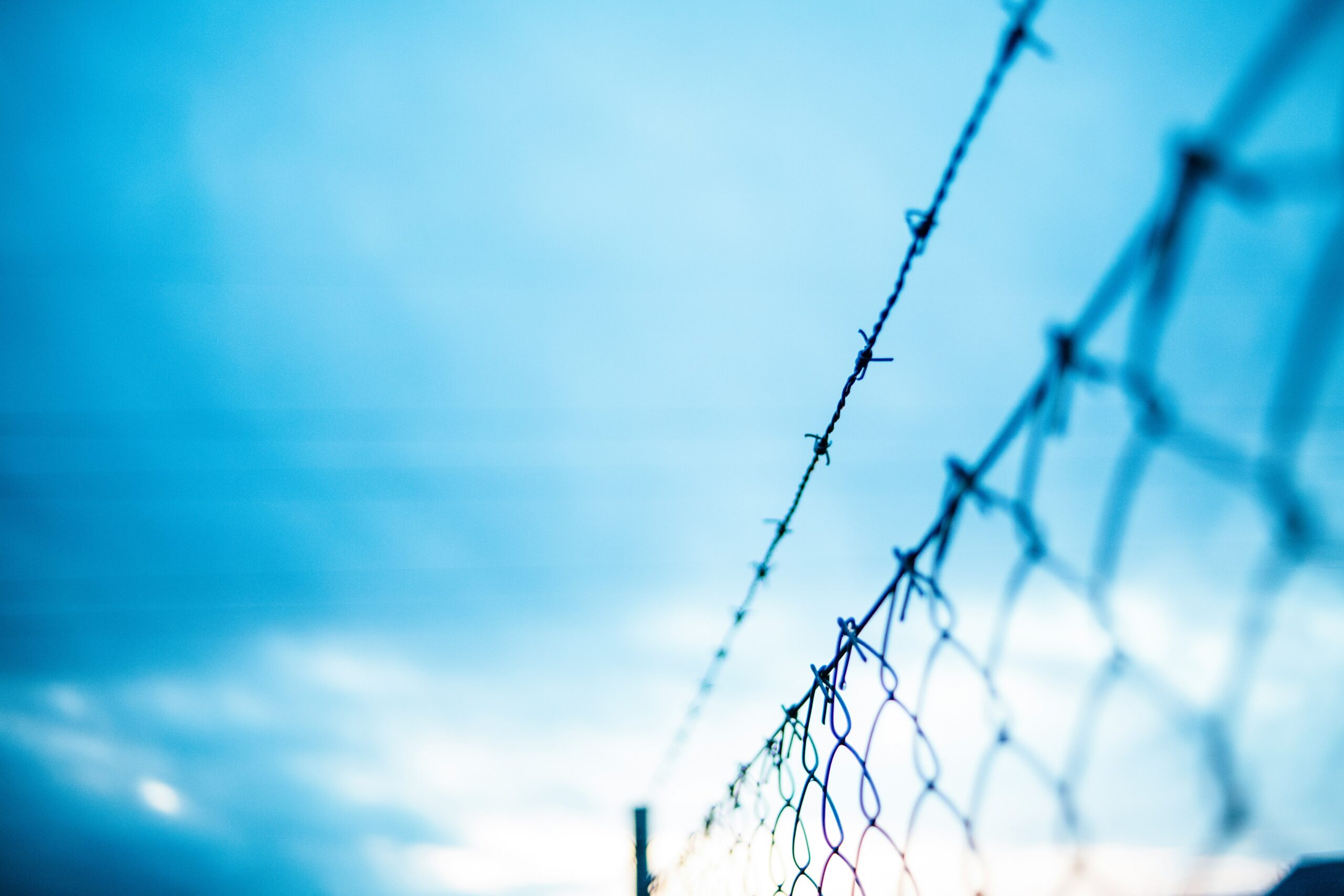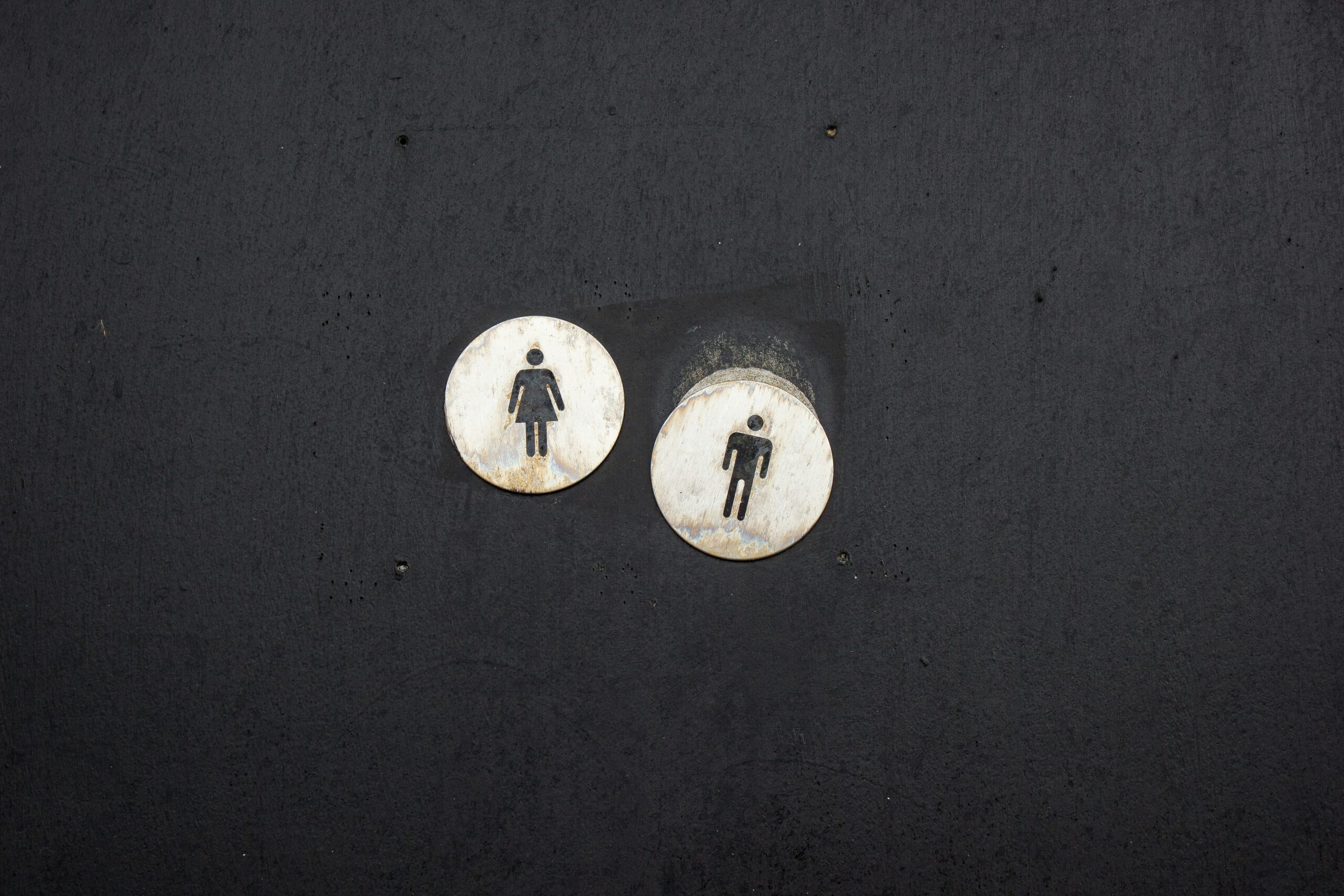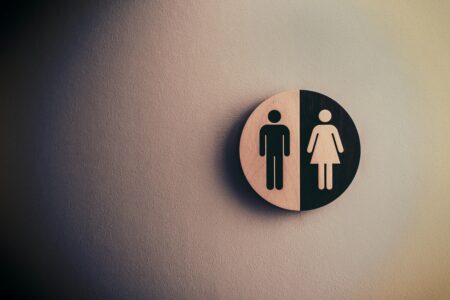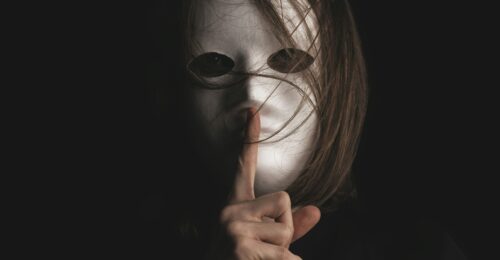
If you’ve seen any of the news—or better yet, memes—circulating around Luigi Mangione’s arrest after he was identified as the suspected murderer of a health insurance CEO, you’ll know that this topic has touched a nerve with many people.
The discourse is quite polarizing (much like with the Oceangate sub that sank a few years ago), ranging from memes supporting the violent act for its ability to incite fear among the ruling class to sanctimonious declarations that celebrating or mocking murder is never okay, along with a variety of responses in the middle of this spectrum.*
But what caught my attention is what happens if you put this criminal trial into a human rights perspective. Does this count as terrorism? I’m inclined to think no, and to think it verges on insulting to call it such, given the high number of people suffering from terrorism in the U.S. already. First, I’ll share some human rights definitions, and then some terrorism definitions, to make my case.
I teach some of this material in one of my college classes on global women’s rights, where we discuss the origins of the human rights movement (thanks, Enlightenment philosophers!) and then analyze whose rights are truly guaranteed in some of these early documents. For example, if you look at the legacy of dudes like John Locke, you’ll see an emphasis on the public and political spheres, with ideas around who gets to participate in civic society, who gets to weigh in on their government, and stuff like that. And these are all good things. Modern interpretations have tended to focus on basic things like the right to an education, the right to practice your religion free from interference, the right to travel within and among states, and so on.
In contrast, when we look at the things discussed specifically as women’s rights, we tend to see an emphasis on the private sphere rather than the public sphere, a focus on the actions of non-state actors, and an examination of socioeconomic rights. How else are we to grapple with broadly patterned forms of oppression like the high rates of sexual violence, the pay gap, the denial of reproductive rights, and so on?
In other words, human rights are framed as public-facing, things that matter when you’re out being a citizen trying to participate in or not be oppressed by your government, whereas women’s rights are meant to address issues that happen behind closed doors. Private matters. Domestic matters. Things we don’t discuss in polite company.
And if you look at the UN Universal Declaration of Human Rights, it’s like yeah, all of this stuff is a good idea to affirm. Obviously. Duh. And it’s not like women are specifically missing or excluded from any of that language.
Though, I mean, enough people (mostly women) thought so that there needed to be a whole other UN document a few decades later called CEDAW (the Convention on the Elimination of Discrimination Against Women) to actually go in and specify the ways in which the UN Declaration fell short in protecting women from the specific abuses often faced as a result of living under patriarchy, but I digress (and in the category of “absolutely no fucking surprises here,” most of the CEDAW membership is women, since marginalized folks most often have to advocate for ourselves, since our oppressors rarely have any incentive to change the way things are).
One of the reasons I walk my students through this information is that it once again seems quite obvious that in a society where everyone’s human rights were guaranteed, we wouldn’t have problems like murder or interpersonal violence of any kind. Or that when these issues cropped up in an authentically rights-based society, they would be taken quite seriously. However, that’s the opposite of what tends to happen with gender-based violence, also known as violence against women (the kinds of violence that tend to be perpetrated by men upon women, based on gender inequalities and beliefs about entitlement: femicide and rape, harassment and stalking, domestic violence, and so on).
But if you look at some of the acts prohibited by the UN Declaration side by side with how they emerge as women’s issues, you get a different story.
Here’s a smattering of relevant articles from the UN Declaration:
- Article 3: “Everyone has the right to life, liberty and security of person.”
- Article 5: “No one shall be subjected to torture or to cruel, inhuman or degrading treatment or punishment.”
- Article 9: “No one shall be subjected to arbitrary arrest, detention or exile.”
So we can all agree that kidnapping, torture, and killing are bad, right? Sounds like a no-brainer.
But what else is sexual violence if not torture? What else do we call the disproportionate number of women killed in the U.S. by past, present, or potential partners but a violation of article 3, which should guarantee everyone the right to live a secure and free life? When women are confined to domestic spaces, which happens in the U.S. as well as elsewhere, what else is it but a violation of article 9?
And what are all these collected human rights violations, and a state that practically ignores their perpetrators, if not a form of morally accepted daily terrorism?
There are a few definitions of terrorism floating around, and I’m choosing to relay this one from the UN Office on Drugs and Crime: “[A]cts intended or calculated to provoke a state of terror in the general public, a group of persons or particular persons for political purposes are in any circumstance unjustifiable, whatever the considerations of a political, philosophical, ideological, racial, ethnic, religious or any other nature that may be invoked to justify them.”
What is living under the constant threat of sexual assault (even if it’s just street harassment, even if it’s just needing to tell someone where you’re going before you go on a first date with a men, even if it’s just not walking alone at night) if not sexual terrorism, or, a series of implicitly condoned acts that provoke a state of terror in a group of persons for political purposes? And here, political need not refer to political parties or governing systems; political simply means having to do with power. And the patriarchy exists, among other historical reasons, to consolidate power with/among men.
My female college students carry mace and don’t walk alone at night. What is that if not a response to sexual terrorism, again, a system intended to control and spark terror in a given population? It breaks my heart every time we have this discussion, and I always hope that the guys in the class are listening and learning.
Please note, I could easily have written this essay about police, state, and criminal justice system violence that disproportionately affects Black people in the U.S. today. I mean, it’s already illegal here to detain someone without a warrant or to perform extrajudicial killings, but guess what police all over the U.S. do to people of color on a daily basis? Exactly those things. And they should be called out as the egregious forms of violence that they are, and they should be classified as a form of terrorism, because these acts expressly match the definition of terrorism shared above (and I am indebted to scholars like Michelle Alexander for making these points, and moreover making them accessible; I highly recommend her book The New Jim Crow: Mass Incarceration in the Age of Colorblindness).**
So here in the U.S., we have roughly half the population living in a state of vigilance and fear under sexual terrorism, and we have another good chunk of the population living in a state of vigilance and fear under white supremacist terrorism (to say nothing of the folks who overlap, which is another particularly cruel turn of the control mechanisms of white supremacist patriarchy; I’ll write more about this book in another post but please drop everything and read America, Goddam: Violence, Black Women, and the Struggle for Justice by Treva B. Lindsey).
Given all these facts, and how much of the U.S. population is subjected to terrorism from both individuals and systems on a regular basis…how the hell does it make any sense to charge a man with murdering one man as terrorism? It’s insulting to those already living under implicitly sanctioned terrorism and doesn’t seem to follow the UN definitions I was able to dig up. I’m sure there’s some legal justification for it somewhere, and this is not where my training lies so someone else can educate us all about it I guess, but this discrepancy in how things are framed has been bothering me, like, a lot.
One might even extrapolate to say that every American living under unjust healthcare systems is being terrorized: we are being subjected to a display of power that invokes fear and suffering on a regular basis, and we are being targeted on the basis of our identities (as regular citizens who cannot afford lobbyists or legal representation to improve the conditions of our lives; our socioeconomic status is what allows us to be terrorized, therefore we are a distinct group being targeted as such). So how ironic is it that the person who apparently rose up to challenge their power is being treated as a terrorist instead?
There’s no good way to wrap up this blog post, except with a plea to pay attention to the stories we tell about these things. We don’t have to live with sexual violence, just like we don’t have to live with police violence, or gun violence, or homophobic or transphobic violence, and so on. And I don’t mean that we can snap our fingers and just make the violence go away, or that the people most impacted by said violence should be the ones to figure it out and implement the solutions (though historically, we need to advocate for ourselves the loudest since dominant populations don’t always care til they’re given a reason to care).
Instead, I mean that at the level of language and folklore, how we talk about these things matters, because we can allow them the solid permanence of “this is how things just are/always were/will forever be” or we can challenge those assumptions. Otherwise known as, every tradition has its origin, and despite the rhetoric surrounding said origins, nothing is sacred or eternal, everything social or cultural can and should be questioned. Again, I’m not saying all we need is a positive reframe and it’ll magically fix everything, but rather that we can start shifting norms in part by how we participate in them.
To give an example of how this works with gender-based violence, we tend to divide it into two categories: direct and indirect. Direct gender-based violence is tangible, concrete, measurable: the number of female homicide victims murdered by partners, the number of rapes reported (and speculation of those that go unreported), and so on. Indirect gender-based violence is less tangible, more about the structures, systems, norms, and attitudes that permit direct gender-based violence to take place. Everything from rape culture (“What was she wearing that night? How much did she have to drink?”) to misogynist jokes to bizarrely outdated beliefs on how menstruation makes women crazy or unreliable—these forms of indirect gender-based violence are the building blocks that normalize and permit direct gender-based violence to happen and then be minimized, explained away, rationalized.
With the murder of the healthcare CEO, I think we are beginning to see some of the norms in American society protecting elites unravel, and they’re scared, hence the terrorism charges. But you know, if you’re making a lot of money denying people health care and profiting off their suffering, maybe you should be scared. Maybe you should change your narrative about how the world should work, and then change your role in it, before others force that change upon you, more or less violently depending on the circumstances.
I hope that, as a college educator, I’m teaching my students to examine the narratives and norms that structure our lives, so that we have a better chance of peacefully achieving lasting social change and justice.
Failing that, I’ll be happy giving them the critical thinking skills to understand the powerful workings of who gets away with terrorism and who does not in our society. What will my college students do with these new understandings of who implicitly gets away with violence and who does not? We won’t have to wait long to find out; I suspect we’re reaching a tipping point in the U.S. in terms of how much poverty and violence people with nothing left to lose will endure.
My final wish for my students, and all young people today, is that they temper their critical thinking skills with empathy and listening (which is another reason why I brag on our anthropology program, since we teach that stuff quite directly!). Don’t just follow the money (itself an effective tool for getting to the bottom of a pile of bullshit), also look for who stands to be harmed the most or least in any given story, any given transaction. Once you learn these things, you’ll be better equipped to start changing the world, one conversation at a time.
*I will admit that I’m on team “Send me the memes, I love them,” which is not to minimize murder or condone killing. I think this blog post is one of the best takes on it, acknowledging that brutal humor accompanies brutal life experiences: “We’re tired of dying, so that others can fill their pockets with our suffering.”
**Disclosure: I am an affiliate of Bookshop.org and I will earn a commission if you click through and make a purchase.







